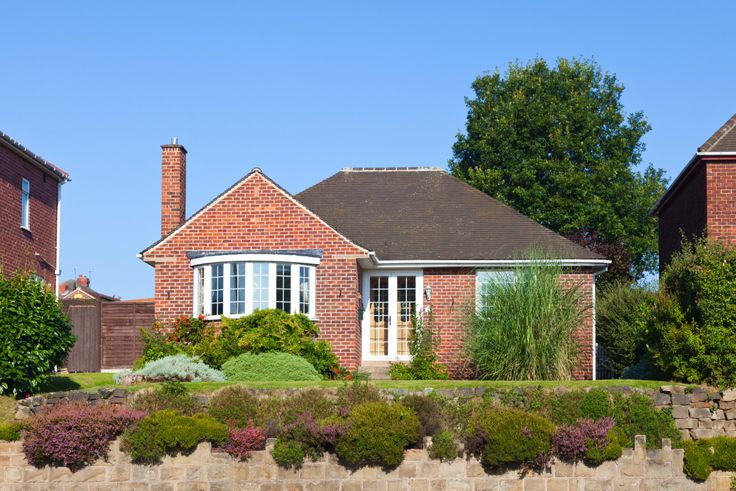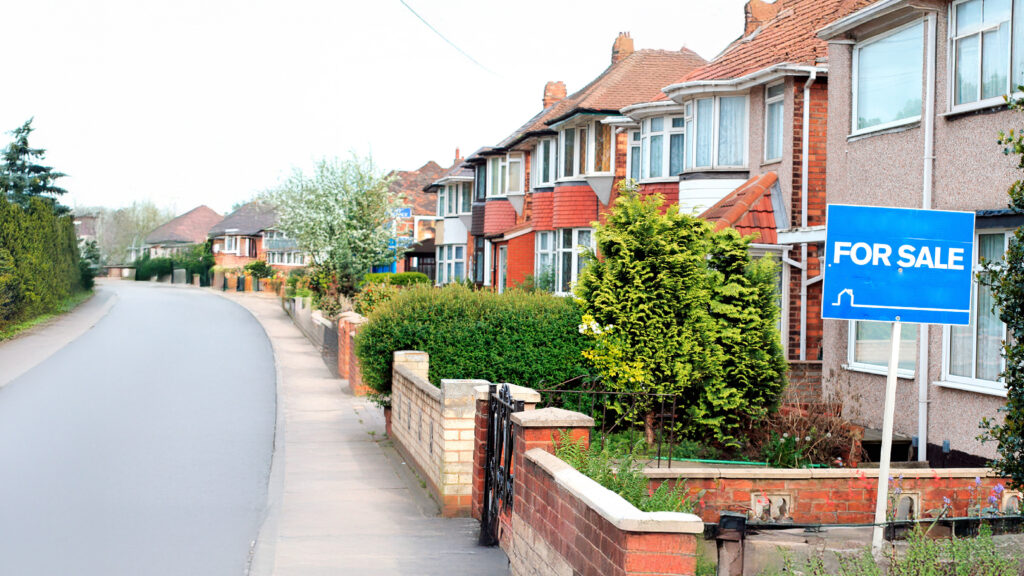
The Benefits of Downsizing to a Smaller Home
There are a number of reasons to consider downsizing from a larger property to something a little smaller in size. Large gardens, health issues, high bills and ongoing maintenance are just a few reasons that people cite when looking for a change of property.
The vast majority of the time, downsizing – or “rightsizing” – is triggered by children flying the nest, leaving parents left with more room than they need or can manage. But more recently, other reasons that have prompted homeowners to make the move include releasing cash or equity tied up in their property. This is often used to help boost funds, to help children pay for university fees or even giving children a helping hand when putting down a deposit on their first home.
But perhaps one of the most popular reasons of downsizing a property is during retirement, when many older people find themselves “asset rich and cash poor”. Therefore, by selling their house, extra funds are being placed into their bank account alongside their pension, which is often small.
Despite this, there is no ‘right’ or ‘wrong’ time to move. Whatever your reason, there are several advantages to downsizing your home, and more often than not, it is clear that the benefits it brings do outweigh any disadvantages – what are they?

The
benefits of downsizing your home
· Increase funds
Downsizing home for money is one of the most common reasons people choose to move to a smaller home, in an attempt to reduce financial strain. Downsizing to a cheaper house with reduced monthly outgoings can help you to save money and could leave you with money left over to pay off any debts or outstanding bills in your name.
It is often seen as beneficial if you find yourself asset rich and cash poor, as you are able to release equity in your home. To do this, you simply sell your home and move into a cheaper and smaller house, therefore topping up your savings or retirement fund. However, bear in mind that you must be at least 55 years old and reside in a UK property worth £70,000 or more.

One option is to sell your home fast for a good price with a quick sale company that pays you via cash – this is particularly useful if you are facing financial difficulties or need to sell up quickly due to divorce, for example. However, if you don’t feel ready to move from your home, there are other ways to access lump sums of cash, such as drawing money from your pension pot.
· To aid health issues
For homeowners who may have health concerns, they may struggle
living in a larger home. Thus, as a result, moving to a smaller, more compact
home could help lessen those health worries. In particular, those who find
navigating stairs difficult, moving to a smaller bungalow might be a suitable
option, whereas those who require companionship with freedom, may want to
consider a retirement village, or sheltered accommodation.
· Easier home to maintain
Decorating, maintaining repairs and cleaning for a home that
is too big for your needs can not only come at a cost, it also takes time, as
spending hours repairing or maintaining rooms that you don’t use eats away at
your free time. Not to mention larger homes can lead to greater stress and
upkeep.
Therefore, downsizing for older homeowners can also be a
sensible option, as keeping on top of these repairs can become difficult as you
get older. This will mean that you will have more spare time on your hands,
perhaps to partake in hobbies and socialise with friends and family.

Although the idea of downsizing to a smaller home can be a
difficult one to make, with some worrying about how to deal with downsizing to a
smaller home. So, what should you consider before taking the plunge?
What
to consider before downsizing your home?
Downsizing isn’t just an option for the elderly or people with
health issues who cannot manage walking up and down the stairs. It could be the
answer if you want to raise capital in order to clear an outstanding debt or a
mortgage, for instance. Why should you downsize to a new home and what are the
advantages of selling your home to move to a cheaper property?
· Make the right move
Think carefully about the area you would like to move into
and what kind of home you would like, such as a bungalow or a 2-bedroom home,
for example. Bear in mind that you may end up paying a premium for a home in an
area with good transport links and amenities, or retirement hotspots such as Dorset
or Devon. This could mean you end up spending more on your new home, despite
downsizing.
Furthermore, if you are thinking about moving into a
bungalow for the ease of living on one level, you may find that they are in
short supply due to the UK’s ageing population. Instead, you may want to consider
retirement villages – typically for over 50s – or sheltered accommodation are
another option to explore.

· Get expert advice
Whatever reason you may have for downsizing your home, you should seek financial advice, not only to ensure all the costs involved with moving home are taken into account. According to research by Saga, the cost of moving could reach almost £30,000, which covers a long list of expenses including stamp duty, estate agency fees, surveys, legal costs, removal fees and refurbishment costs. Be sure to bear this in mind when selling your home.
Although, according to Estate Agency Hamptons International, homeowners who downsize to a smaller home release an average of £115,000 when they move.
Also read: 10 Packing Tips For Moving House
Feature image credit: Africa Studio / Shutterstock


